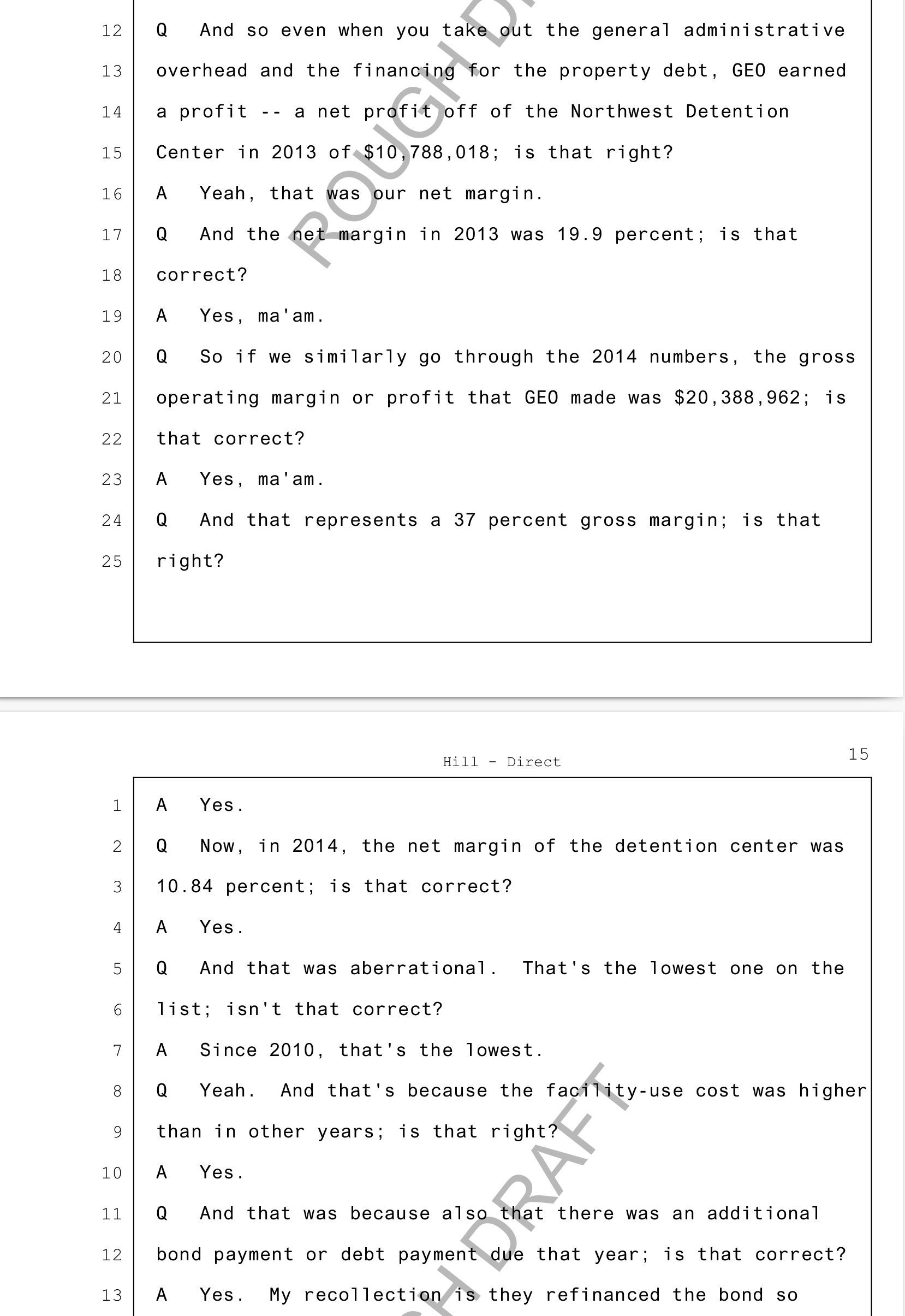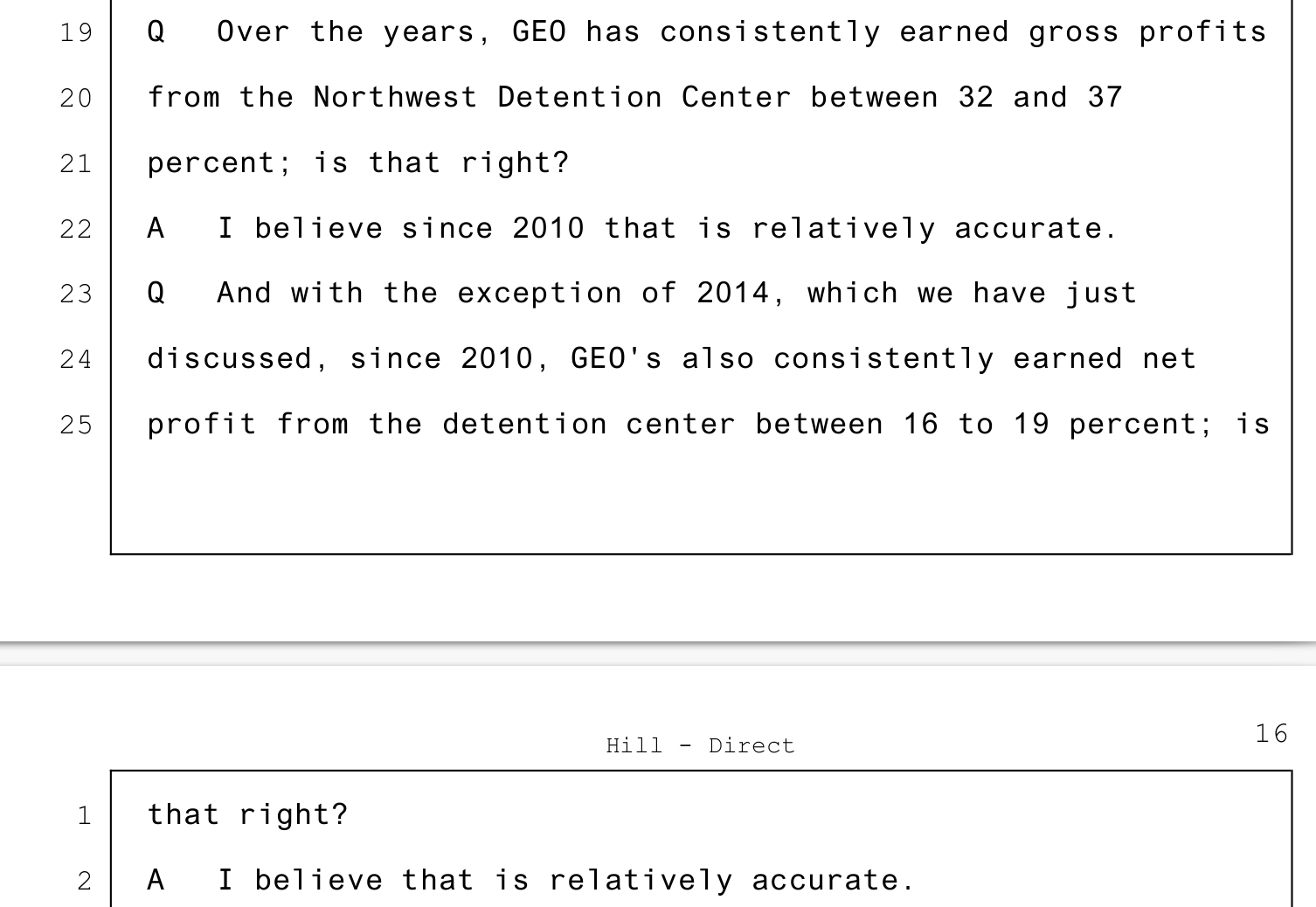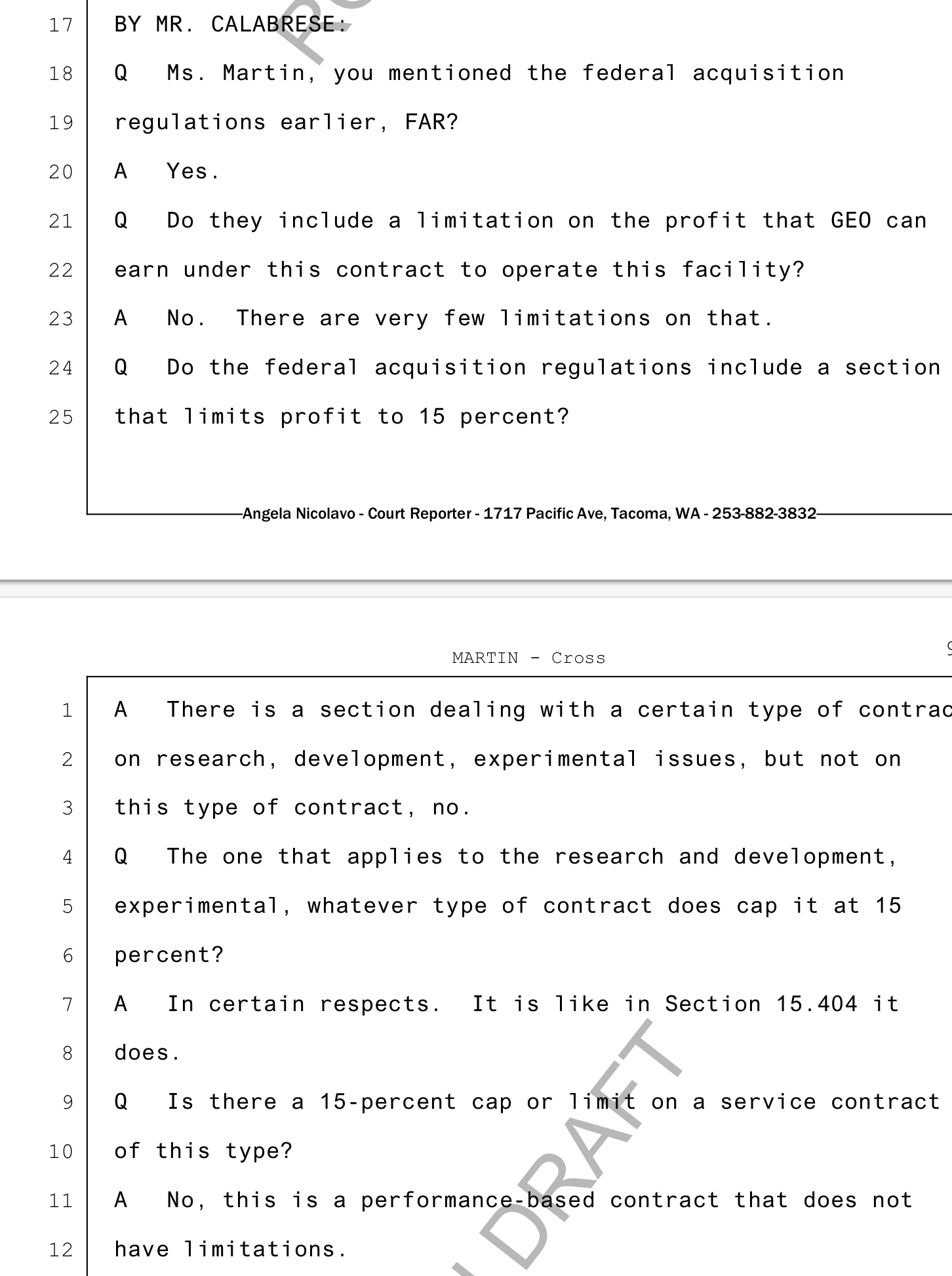"Planned Activities: Respond to all media, NGO, educational, commercial and individual FOIA requests within the statutory time limits..." From fy 2016 ICE budget
"Don't ask and ye shall not receive."
- FOIA budgeting muse
I was talking with some colleagues today about the well-known problem of Immigrations and Customs Enforcement and other agencies telling requesters and courts that they cannot comply with mandatory Freedom of Information Act deadlines because of equipment and staffing shortages. And then the same agency tells Congress in their budget proposals, "Hey, nothing to look at here. We've got our FOIA operations covered."
Usually agencies ask Congress for more funds for their programs. What's up with this?
Of course, ICE's daily mode of breaking the law benefits not one whit from misconduct being revealed. If ICE had its druthers, I'm guessing it would request $100 billion to run drones to sweep up data on every person on the planet, and its FOIA budget would be "0."
Congress passed the FOIA in order to deputize citizens to expose agency activities to sunlight necessary for oversight and policy changes. There have been numerous episodes in which Congressional letters to agencies have gone unanswered but nonprofits and citizens have ferretted out the requested information through their FOIA litigation, especially during the Trump administration.
The problem with the FOIA budgeting goes to the overarching need for
the FOIA in the first place: agency officials make bad decisions,
sometimes even ones that are illegal, and they want to keep these secret.
Why would Congress or anyone else think that the very agencies whose top officials are breaking the law would be requesting funding to support a program that effectively reveals their waste, fraud, and unlawful violence?
A few FOIA lawsuits have been calling out ICE and US Citizenship and Immigration Services on this point. (TRAC's Sue Long at Syracuse University has been a tireless and productive trailblazer. You can find their cases here and other cases on the incredible FOIA Project case locator.)
A few docs illustrating ICE's budget game can be found in the record of Civil Rights Education and Enforcement Center v. United States Department of Homeland Security et al. 1:18-cv-00302-JLK.
Here are filings about the budget and ICE's misrepresentations:
Declaration of Catrina Pavlik-Keenan (2018) - She says she has been the director of the ICE FOIA office "since that office was created on December 18, 2006" (1). (Fwiw, ICE was founded in 2003.) Anyway, she says ICE cannot process the documents as mandated by the law because it lacks the resources.
Plaintiff Motion for Sanctions (2019)
The fy2018 budget on which CREEC relies does not specify funds expended.
But other ICE budgets do give us a peek at what's going on. (DHS budget page, through fy2022.)
The fy2019 budget has information tied to new House accounting requirements that are requiring ICE to break out expenditures it otherwise does not report in its budget request to Congress. It looks like of the $6.7 billion Congress appropriated for ICE in 2017, ICE spent just $6.45 million on FOIA operations. (I agree. That seems SO low; if anyone has another way of reading page 24 of the pdf, let me know. The page is reporting figures for programs that going forward will be relabelled, to help budget wonks figure out what's happening when the columns move.)
Otherwise, the FOIA operations are not broken out from the overall "mission support" category, which includes as well fire arm training.
fy 2022 - asks for four more employees/ $782k more for its ongoing FOIA/Privacy Act work. Does not state amount spent in 2021. (p. 39,pdf). On the next page, ICE tells Congress to budget $123k less than the previous year, due to one-time ("non-recurring") savings.
fy2021 - The document indicates that in fy2019 mission support included 2,210 total employee and spent $1,091,898, and that in fy 2020, mission support included 2,210 employees and sent $2,092 $1,271,110.
fy 2020 - "Select Mission Support staff will be dedicated to resolving 86,320 FOIA in FY 2020, a 37% increase from FY 2018" (p. 49 pdf).
fy 2019- This is the proposed budget that shows enacted budget of $6.45 million for iCE in 2017 (p. 24) and proposed increases to $9.627 million for 2018 and 2019.
fy 2018 - " As depicted in the graph below,the number of FOIA requests fulfilled in FY 2018 is expected to triple from FY 2014 levels. Higher productivity is attributed to a growing workforce and implementation of new software" (p. 62, pdf).
fy 2017 - pt ii, p. 10. For the section including FOIA officers there are many other requests for increases, but no request to increase funding for FOIA requests:
An increase of $16.1 million and 4 full-time equivalents (FTE) for the Headquarters (HQ) Managed IT Program to support critical and long overdue improvements in Identity, Credentials, and Access Management (ICAM), cloud support, and system bandwidth. Funding will support an additional eight personnel (4 FTE) to ensure 24/7/365 availability and to meetfy 2016 - p.1435 Program Change Requests
the cybersecurity needs of ICE IT systems, infrastructure, and services. p.10 pdf
"Changes ICE requests program changes for the Salaries and Expenses appropriation in the following key areas:
• Increase in new attorney positions…………………………...….….$36.5M (197 FTE)
The request will provide funds for 82 attorney positions requested in the October 2014 Technical Assistance and 282 new attorney positions. OPLA requires additional attorney resources to meet its increasing workload driven by recent increases in the number of Department of Justice (DOJ) immigration judges (IJs) and ongoing southwest border surge operations as well as additional requirements anticipated as a result of an increase in Freedom of Information Act (FOIA) requests and appeals. These additional positions are expected to decrease the average length of stay of detainees by 14 percent.
• Increase in Detention Beds to 34,040 [😕] …….…..………………....$435.392M (0 FTE) To meet operational needs to detain and remove both criminal aliens and recent border entrants, ICE requests an increase in the overall funding for beds to meet operational needs. The proposed increase will fund 31,280 adult beds at an average rate of $123.54 and 2,760 family beds at an average rate of $342.73 from ICE’s discretionary appropriation and fees."
p. 1438 - "Increase of $482 thousand for annualization of the FY 2015 FOIA enhancement.'
p. 1441
FY 2016 Planned Activities - "In FY 2016, ICE will"
....
One more broken promise...
ICE did ask for 6 more FOIA employees. Not clear what happened (p. 1583)






